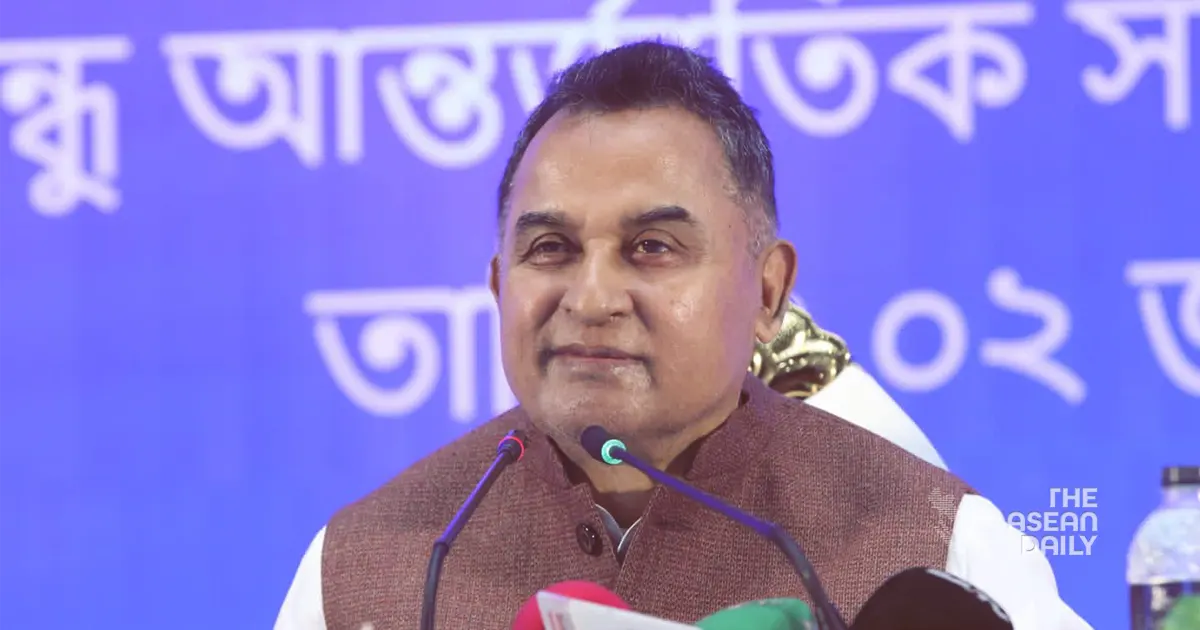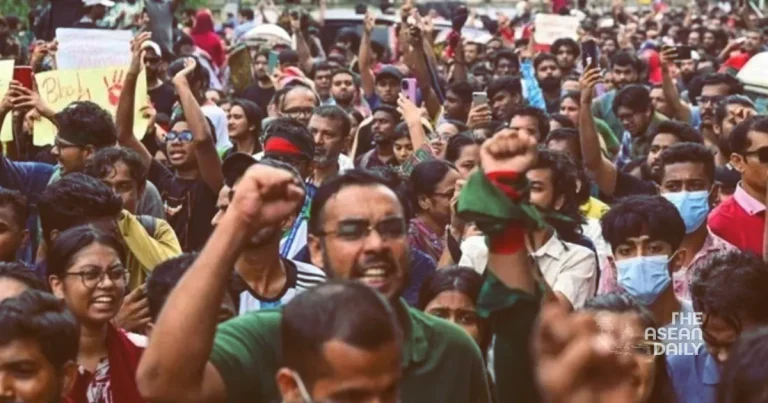27-8-2024 (KUALA LUMPUR) A far-reaching anti-corruption campaign in Bangladesh has cast a spotlight on a controversial multi-billion-dollar migrant labour supply network connecting Bangladesh and Malaysia, sending ripples through both nations’ political and economic landscapes.
The Bangladesh Anti-Corruption Commission (ACC) has launched investigations into four former elected representatives, including ex-finance minister AHM Mustafa Kamal, over alleged involvement in a scheme that reportedly embezzled over RM8 billion (US$1.84 billion) under the guise of sending workers to Malaysia. The probe has implicated government officials from both countries in the alleged misconduct.

This crackdown, part of a broader reform initiative by Bangladesh’s new interim government led by Nobel laureate Mohammad Yunus, aims to dismantle a network of Bangladeshi and Malaysian businesses that have dominated the recruitment of foreign labour. The investigations have already led to the closure of numerous recruitment agencies and labour brokers involved in sourcing workers for the Malaysian market.

The developments in Bangladesh have prompted action in Malaysia, with Home Minister Saifuddin Nasution Ismail ordering an investigation into potential corruption links between Malaysian government officials and companies involved in labour recruitment.
At the centre of the controversy is Kuala Lumpur-based Bestinet Sdn Bhd, whose proprietary Foreign Workers Centralised Management System (FWCMS) has been the sole platform used by Malaysia’s Immigration Department for visa applications from 15 labour-exporting countries since 2013. The system has long been criticised for alleged abuse, corruption, and exploitation of overseas recruits.

The official cost for recruiting a single Bangladeshi worker is estimated at RM6,000, but reports suggest that migrants often pay over RM20,000, frequently through predatory loans that trap them in long-term debt.
Bestinet’s controlling shareholder, Mohamed Amin Abdul Nor, a Bangladeshi-born Malaysian citizen, has played a significant role in the migrant labour pipeline between the two countries due to his political connections. However, the recent political upheaval in Bangladesh has disrupted these established networks.

The fall of Sheikh Hasina’s government in Bangladesh has led to intense behind-the-scenes power struggles within the Bangladesh Association for International Recruiting Agencies (BAIRA), the industry’s main trade organisation. Key figures associated with the previous regime and Bestinet, such as influential businessman Ruhul Amin, are now reportedly persons of interest to the ACC.
While labour activists remain sceptical about the potential for genuine reform, citing the vast sums of money involved, the ongoing turmoil represents a significant challenge for Bestinet. The company is currently negotiating the terms of its three-year extension for the FWCMS platform in Malaysia, with the government demanding greater control over payment systems.




